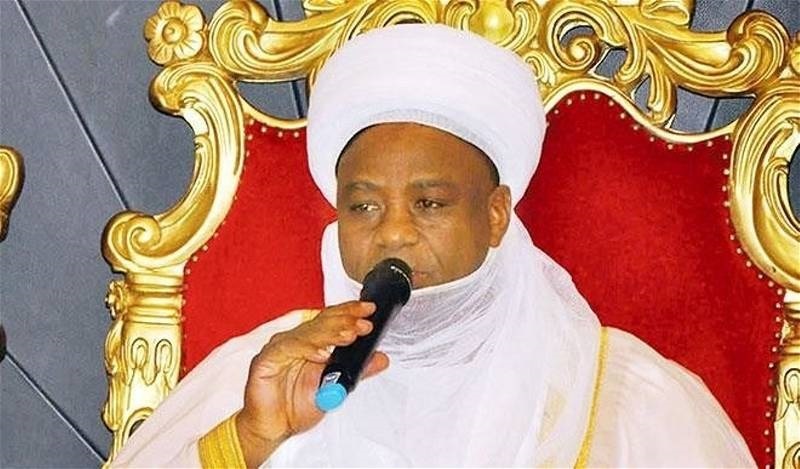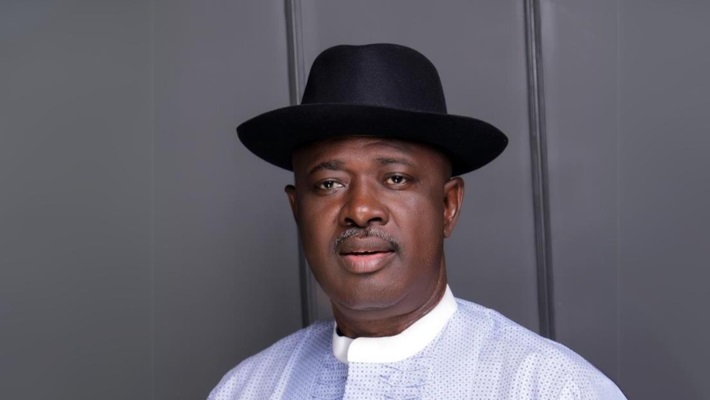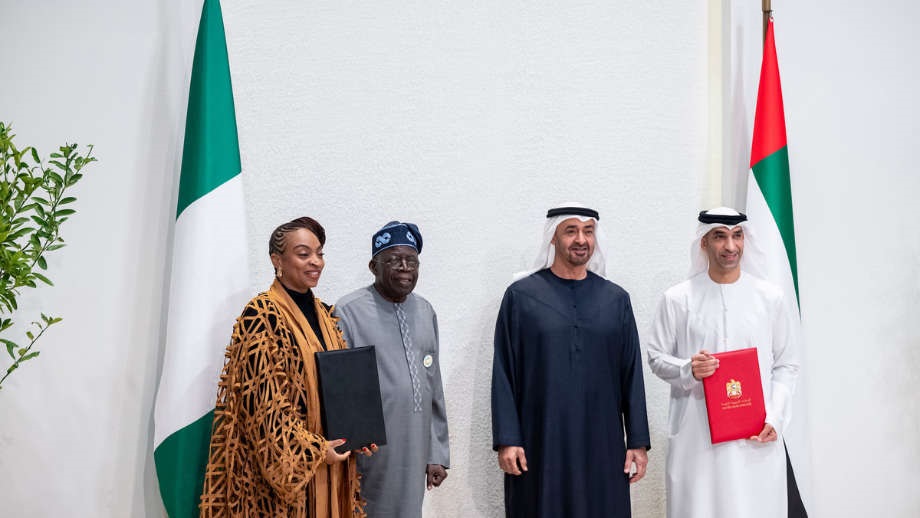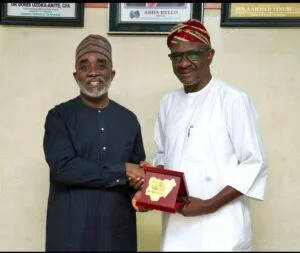The Sultan of Sokoto, Alhaji Sa’ad Abubakar, has called on the Sokoto State Government to extend the implementation of the newly approved ₦70,000 minimum wage to traditional rulers across the state.
His appeal was delivered on Sunday during a town hall meeting organised by the Ministry of Budget and Economic Planning ahead of the submission of the state’s 2026 budget proposal. The Sultan was represented by the District Head of Wurno, Alhaji Kabiru Cigari-Alhassan, who reaffirmed the traditional institution’s support for government programmes and reforms.
During the session, representatives of several interest groups presented additional demands. Malama Sa’adatu Abubakar, speaking for persons with disabilities, urged the government to renovate the Abdulrashid Adisa Raji Special School and expand the number of dedicated facilities for children with special needs. She commended Governor Ahmad Aliyu’s administration for its recent interventions to improve the welfare of persons living with disabilities.
Women’s groups, represented by Nafisa Adamu-Gorori, requested the inclusion of more water supply projects, warning that persistent shortages were affecting household activities, girls’ education and water-dependent small businesses.
Other speakers, including Malama Maimuna Yahaya and Musa Bilya, pressed for the rehabilitation of the abandoned Murtala Muhammad Hospital and improved furniture for public schools. Representatives of Islamic groups and civil society organisations also called for the expansion of Islamic schools and more community-focused programmes.
Mr Augustine Onah, speaking on behalf of local communities, praised the governor’s performance but requested additional link roads to support commerce. Former Deputy Governor Alhaji Chiso Dattijo highlighted that youths make up roughly 5.3 million of the state’s estimated population of 7.2 million, urging greater investment in empowerment and skills training.
Commissioner for Budget and Economic Planning Dr Abubakar Zayyana said the town hall meeting was part of wider consultations aimed at strengthening transparency and accountability in the budget process. UNICEF representative Michael Juma commended the government’s commitment to child welfare but called for higher budget allocations to sustain progress.
Responding, Governor Aliyu said Islamic education would remain a key priority under his administration’s nine-point agenda. He disclosed that four water schemes were scheduled for rehabilitation, with two already completed, and announced the installation of solar-powered systems at water board facilities and hospitals to address power shortages.
He added that 60 per cent of public schools had received new furniture, with the remaining 40 per cent to follow shortly. Aliyu also revealed that the state had partnered with experts from the United Arab Emirates on a joint education and healthcare programme expected to commence soon.





